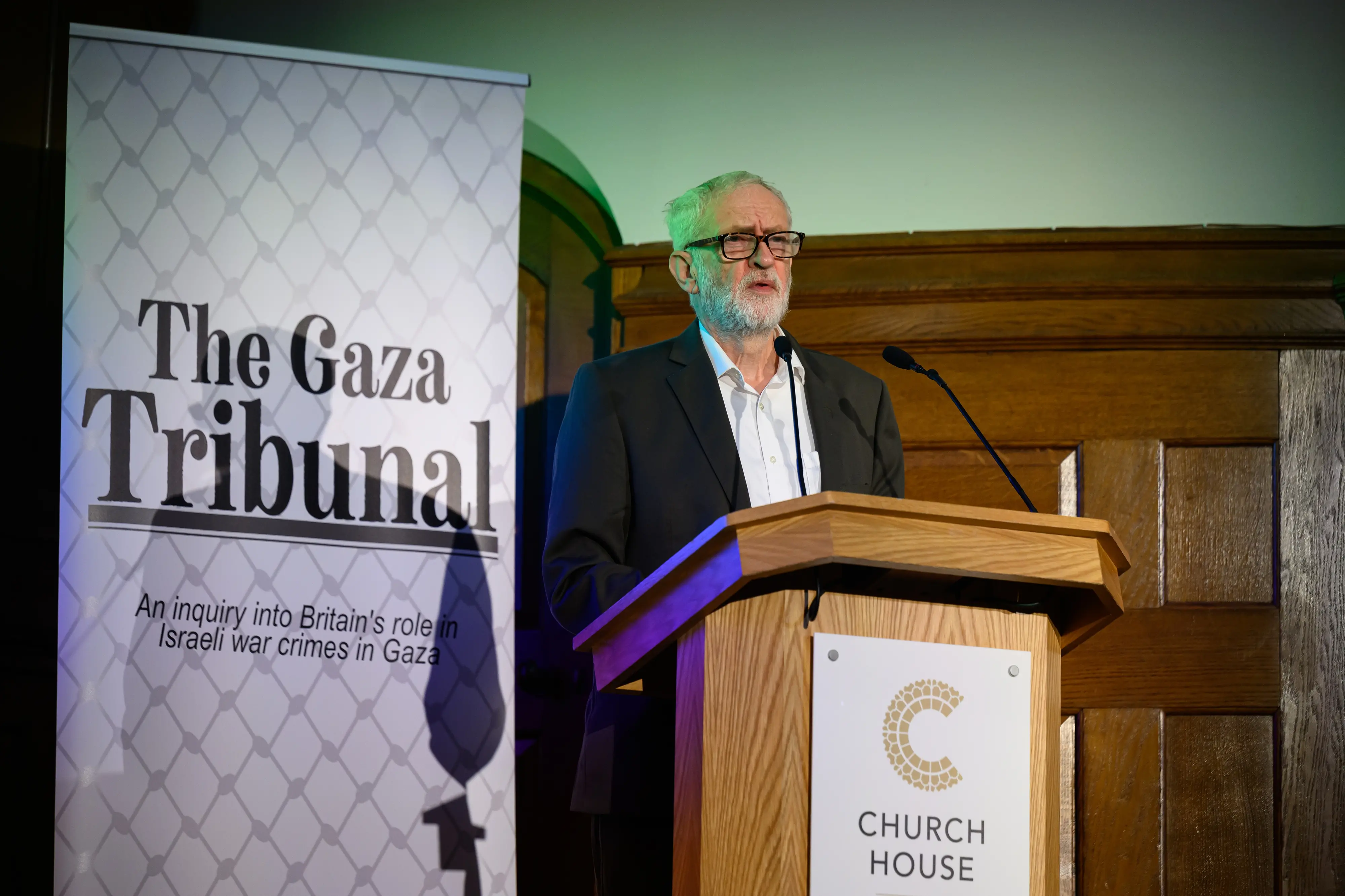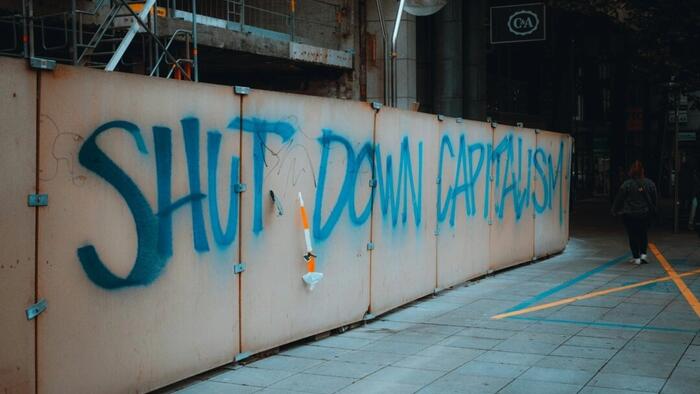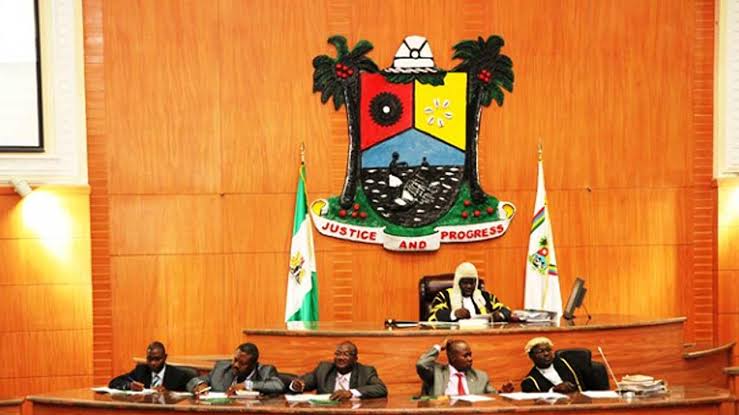By Baroness Ruth Deech
Copyright thejc

In early September, Church House Westminster – the headquarters of the Church of England – hosted Jeremy Corbyn’s Gaza Tribunal (with its foregone conclusions of “complicity” and “genocide”) – arguably a violation of the Church’s ethical lettings policy against racial prejudice. The Tribunal included Francesca Albanese, who for a decade has resorted to antisemitic slurs, including minimising the slaughter of 7 October. A complaint from lawyers about the letting received no reply. And in May, the Church issued a statement about Israel and Gaza invoking “a grave sin . . against the very integrity of God’s creation” – in other words, declaring God to be on one side and not the other. For nearly 2,000 years, Jews around the world suffered persecution, forced conversion, expulsion and expropriation at the hands of the Church. Only as recently as 1965 did the Catholic Church repudiate the charge of Jewish collective guilt for the death of Jesus. I well remember from my education at both a church primary and secondary school that condemnation of Jews permeated everyday worship and teaching. Today it is “anti-Zionism” – the 21st century’s version of antisemitism – that is driving a deplorable surge in anti-Jewish violence and discrimination. The willingness of some church figureheads to entertain and even adopt this corrosive ideology makes them culpable in this dangerous situation. All too often, church leaders single out Israel for the ongoing tragedy, when it is Hamas that started the war, Hamas that has rejected ceasefire offers, and Hamas that insists on fighting to the last Gazan, for whom they care so little. Statement after statement from bishops makes only fleeting reference to the plight of the hostages, followed by a “but” and unevidenced, devastating allegations against Israel. What the Church ignores is that Israel is a remarkably diverse democracy, with its Jewish, Muslim, Druze and Christian citizens hailing from over 100 countries. It is Hamas’ delusional, religiously motivated hatred of Jews that drives its genocidal actions. Yet their violence is indiscriminate. Many Muslim, Druze and Christian lives too have been lost at the hands of Islamist terror attacks against Israel. This fixation on Israel has deepened over the past decade, as more and more church leaders have been taken on deeply politicised visits to the West Bank, where they are subjected to carefully calibrated anti-Israel propaganda by their Palestinian hosts. It seems entirely lost on the Church that Israel is one of the only places in the Middle East where the Christian population is growing – up 1.3% in 2023. Christians, like all citizens of Israel, have full equality under the law and are free to practise their faith. In a 2023 national survey, 84% of Christians expressed satisfaction with life in Israel. Home to Christianity’s holiest sites, Israel draws pilgrims from all over the world to its rich history. Religious freedom is not to be found elsewhere in the Middle East. Millions of Christians have been uprooted from their historic homelands, with the regional share of the population falling from 20% to just 5% – and likely even lower today. A major 2019 report into religious persecution by the Bishop of Truro, the Right Reverend Philip Mounstephen, concluded that persecution of Christians was at near “genocide levels” (though the word should not be used lightly). The Christian share of the Palestinian population has dropped from 11% in 1922 to just 1% today. Palestinian Christians have endured religious and legal discrimination, forced conversions to Islam, and violence and harassment. Following Hamas’ takeover of Gaza in 2006, the Christian community shrank from 5,000 to fewer than 1,000. Even in Bethlehem – the birthplace of Jesus, under full Palestinian Authority control – the Christian population has plummeted from 86% to 10%. Elsewhere in the region, historic Christian communities from Egypt to Syria have been targeted with church bombings and kidnappings. In Sudan, hundreds of churches have been attacked and closed by both parties in the brutal civil war, and the Anglican Cathedral in central Khartoum has been converted into a military base. Meanwhile, in Saudi Arabia, Christian worship and symbols are publicly banned, and churches cannot even be built. We hear little from Church spokespersons about the millions of Muslims killed or made refugees by fellow Muslims in terrible wars and terrorist campaigns in recent decades. Nor about the Iranian regime’s current forcible expulsion of four million Muslim Afghans. Nor indeed about the estimated one million Jews expelled or forced to flee Muslim-majority nations across the Middle East and North Africa in the 1940s. It is right that church leaders express horror at the plight of the Palestinians. But this has been coupled with brutal condemnation of Israel and uncritical acceptance of every accusation of genocide, ethnic cleansing and starvation laid against it. The Church should instead be showing the empathy for the people of Israel that is their historical due. Scrutiny of Israel is, of course, legitimate. But the singling out of Israel has fostered the perception that it is uniquely evil among nations. I believe it should be a central responsibility of the next Archbishop of Canterbury, first, to acknowledge the historic role of the Church in the spread of antisemitism; second, to accept the moral duty to protect the Jewish community; and third, to lead in implementing the recommendations made in Lord Mann and Dame Penny Mordaunt’s Commission on Antisemitism – in particular ensuring that children’s lessons are not passing on antisemitism in the guise of religious teaching.



